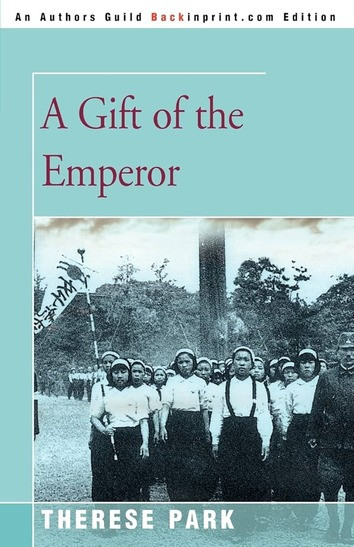
A Gift of the Emperor
Therese Park
1997
A Gift of the Emperor is a powerful historical novel that sheds light on the trauma of Korean comfort women through the fictionalized account of Soon-ah, a bright and hopeful schoolgirl whose life was shattered during the Japanese occupation of Korea. When Japanese soldiers abduct her and ship her to a so-called “house of relaxation” on a South Pacific island, Soon-ah is forced into sexual slavery to serve the Japanese military. The novel traces her emotional and physical ordeal in a setting that is eerily beautiful yet soaked in horror, capturing not just the brutality of the system but the quiet strength of those who endured it. Through Soon-ah’s intimate and haunting narration, Park transforms history into something immediate, visceral, and deeply compelling.
Therese Park’s debut novel blends historical accuracy with lyrical storytelling to expose the long-silenced experiences of tens of thousands of Korean girls and women during World War II. Inspired by survivor testimonies and driven by a desire for truth-telling, the book explores themes of innocence lost, resilience under oppression, and the lingering cost of violence on the human spirit. Ultimately, A Gift of the Emperor is not only a work of fiction but also a call to historical recognition and ethical memory.
About the Author:
Therese Park is a Korean American author and former concert cellist who turned to writing after a distinguished 30-year career with the Kansas City Philharmonic. She holds degrees in music from Seoul National University and the École Normale de Musique de Paris, where she studied under the renowned cellist André Navarra. Her literary debut, A Gift of the Emperor, brought international attention to the history of Korean comfort women through fiction grounded in real events. Park has also written When a Rooster Crows at Night, a novel based on her childhood memories of the Korean War, and her essays and columns have appeared in The Kansas City Star, The Graybeard, and other publications. Through her writing, Park gives voice to Korean history, trauma, and survival with sensitivity and unflinching honesty.
